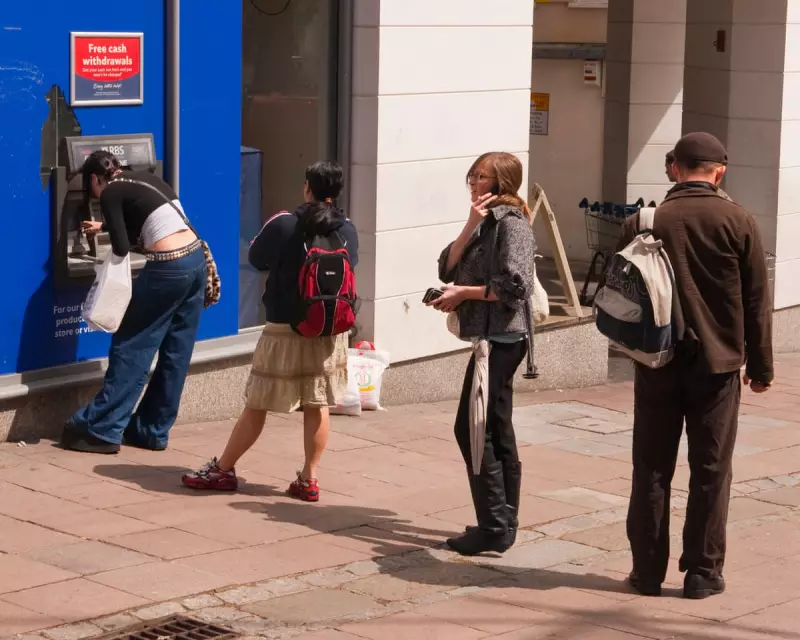
In an era where contactless payments and digital wallets reign supreme, the debate over the relevance of physical cash continues to divide UK consumers. While some swear by the convenience of card and mobile payments, others cling to cash as a financial safety net.
The Case for Cash
For many Britons, cash represents more than just currency—it's a tangible form of security. "When systems go down or there's a power cut, cash is the only thing that works," explains Sarah Jennings, a small business owner from Manchester. This sentiment is echoed by older generations and those in rural areas where digital infrastructure can be unreliable.
Financial experts also highlight cash's role in budgeting. "Physically handing over notes makes spending feel more real," says economist David Wainwright. "This can be crucial for people trying to manage their finances."
The Digital Shift
However, the trend is unmistakable. Contactless payments now account for over 60% of all transactions in the UK. Younger consumers, in particular, see cash as inconvenient. "I haven't carried cash in years," admits 28-year-old Londoner Jake Patel. "Everything from my morning coffee to splitting bills with friends happens through my phone."
Businesses are adapting too, with many going completely cashless. This shift has raised concerns about financial exclusion for those who rely on physical money.
The Future of Sterling
The Bank of England maintains that cash isn't disappearing anytime soon, but acknowledges its changing role. With cash usage declining by about 15% annually, the central bank is working to ensure access while supporting digital innovation.
As the UK navigates this transition, the question remains: is cash a financial lifeline worth preserving, or an outdated concept in our digital age?





